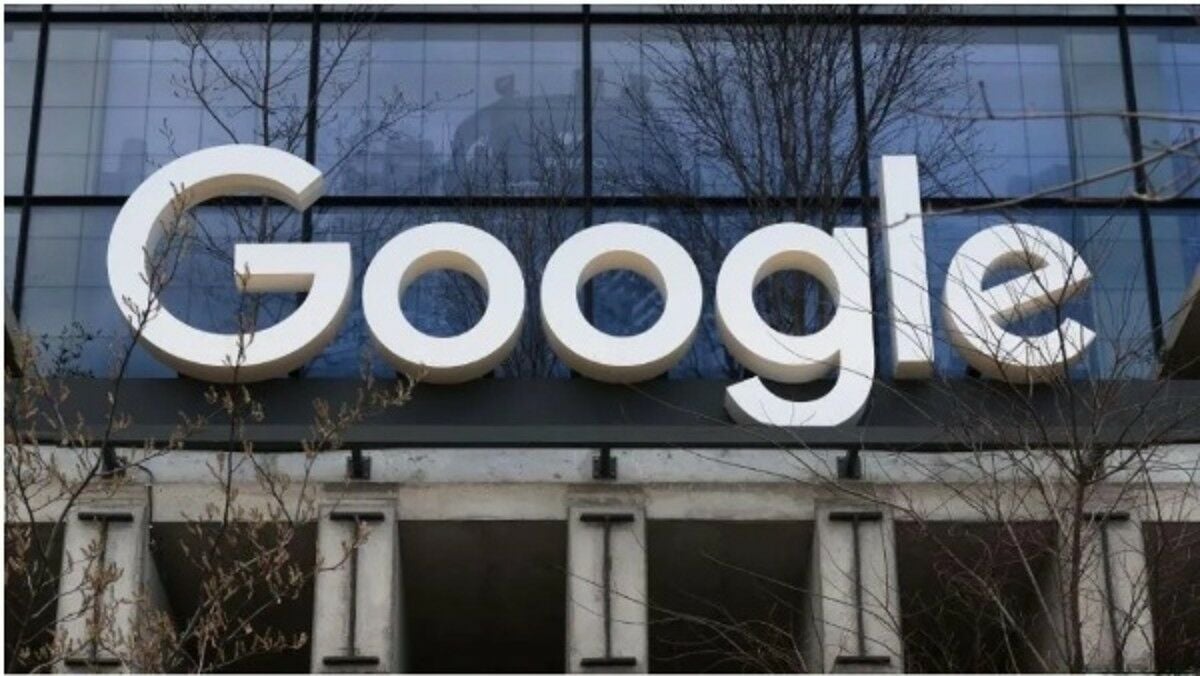Google slammed by judge in explosive monopoly ruling

A US judge declared Google guilty of illegally crushing its competition to maintain a monopoly on online search and advertising. This decision, delivered yesterday, August 5, marks a significant blow to Alphabet, Google’s parent company, and could drastically alter the business practices of tech giants.
The US Department of Justice (DOJ) sued Google in 2020, highlighting its stranglehold on roughly 90% of the online search market. This case is one among several brought against major tech companies as US antitrust authorities ramp up efforts to foster competition.
“This ruling poses an existential threat to Google and Alphabet.”
The penalties Google and Alphabet will face are yet to be determined, with fines and other remedies to be decided in a future hearing. The government has sought structural relief, potentially leading to the break-up of the tech behemoth.
US District Judge Amit Mehta, in his 277-page opinion, revealed that Google paid billions to secure its status as the default search engine on smartphones and browsers.
“Google is a monopolist, and it has acted as one to maintain its monopoly.”
Alphabet has vowed to appeal the ruling.
“This decision recognises that Google offers the best search engine but concludes that we shouldn’t be allowed to make it easily available.”
US Attorney General Merrick Garland hailed the verdict as a “historic win for the American people.”
“No company, no matter how large or influential, is above the law. The Justice Department will continue to vigorously enforce our antitrust laws.”
The ruling follows a 10-week trial where prosecutors argued that Google spends over US$10 billion (nearly 355 billion baht) annually to be pre-installed as the default search engine on platforms like Apple and Samsung. This practice ensures a constant stream of user data, cementing Google’s market dominance and stifling competition.
DOJ lawyer Kenneth Dintzer pointed out that the best testimony for the importance of defaults is Google’s chequebook.
Meanwhile, Google’s defence claimed users choose their search engine because it’s the best, not because of default settings, reported BBC News.
Judge Mehta concluded that being the default search engine is extremely valuable real estate for Google.
“Even if a new entrant were positioned from a quality standpoint to bid for the default, such a firm could compete only if it were prepared to pay partners upwards of billions of dollars in revenue share.”
Latest Thailand News
Follow The Thaiger on Google News:


























